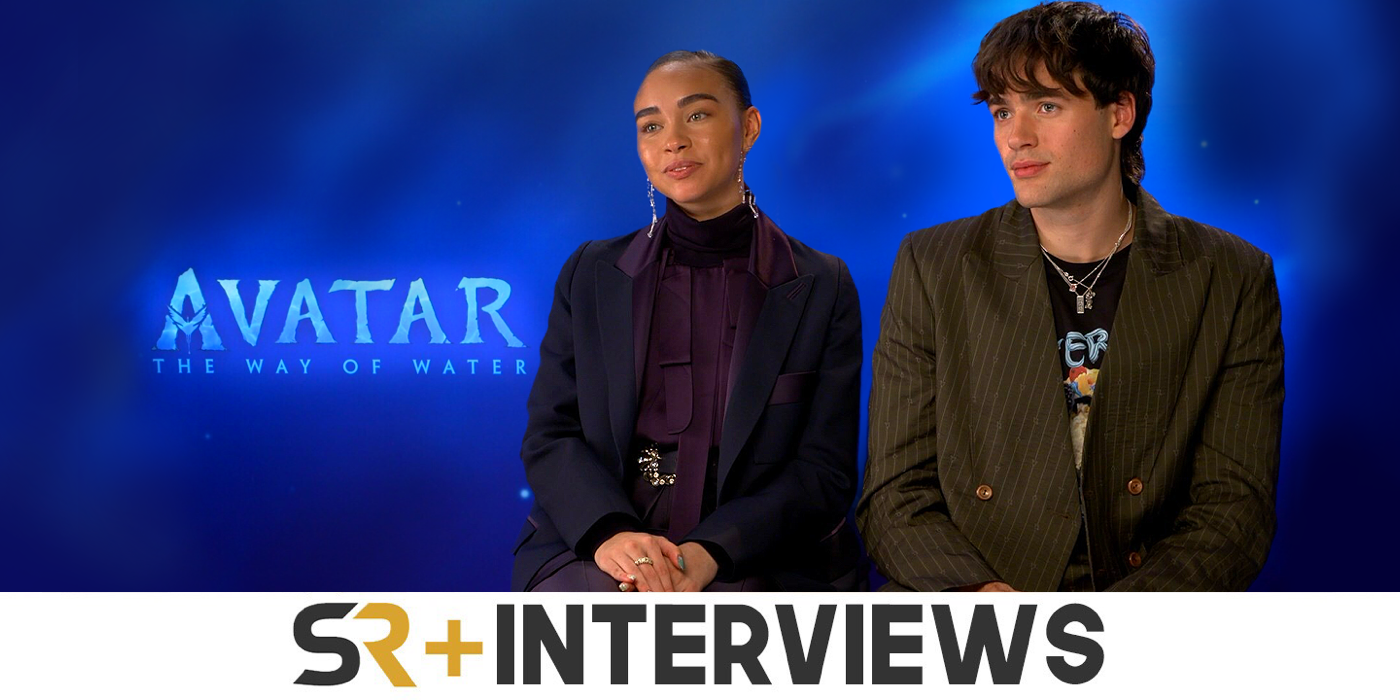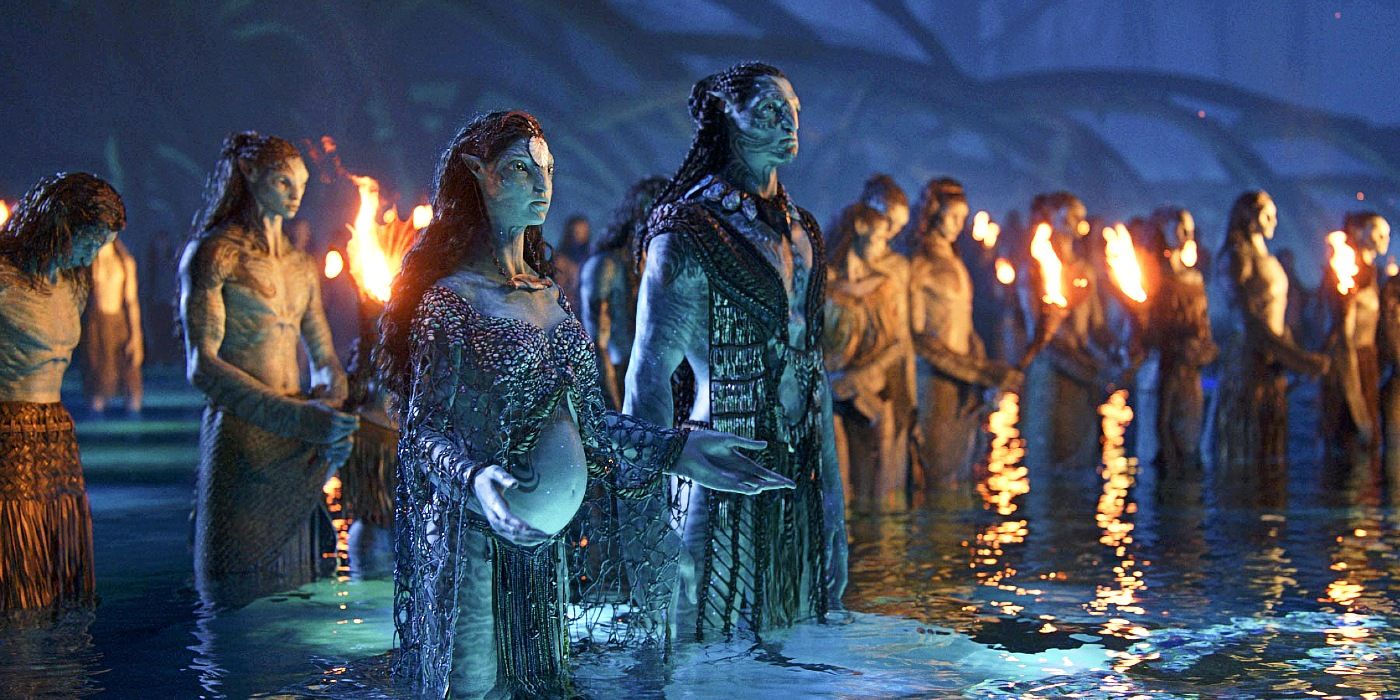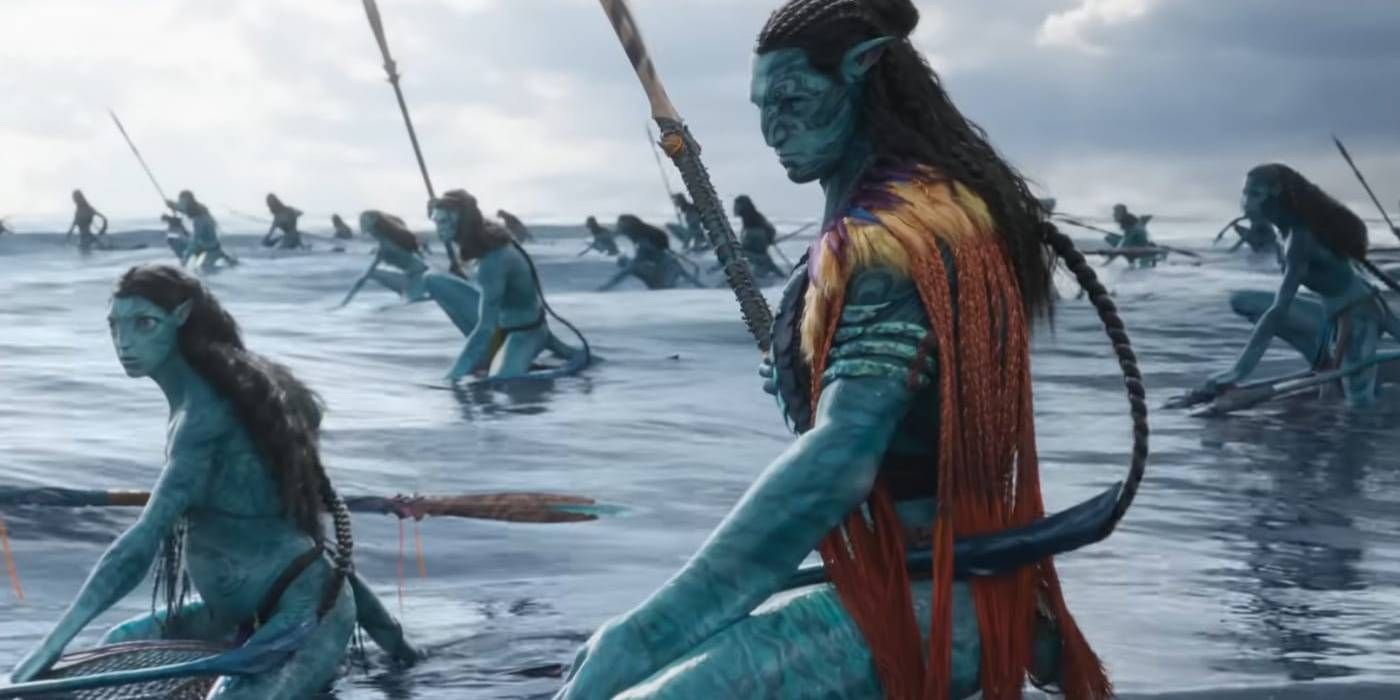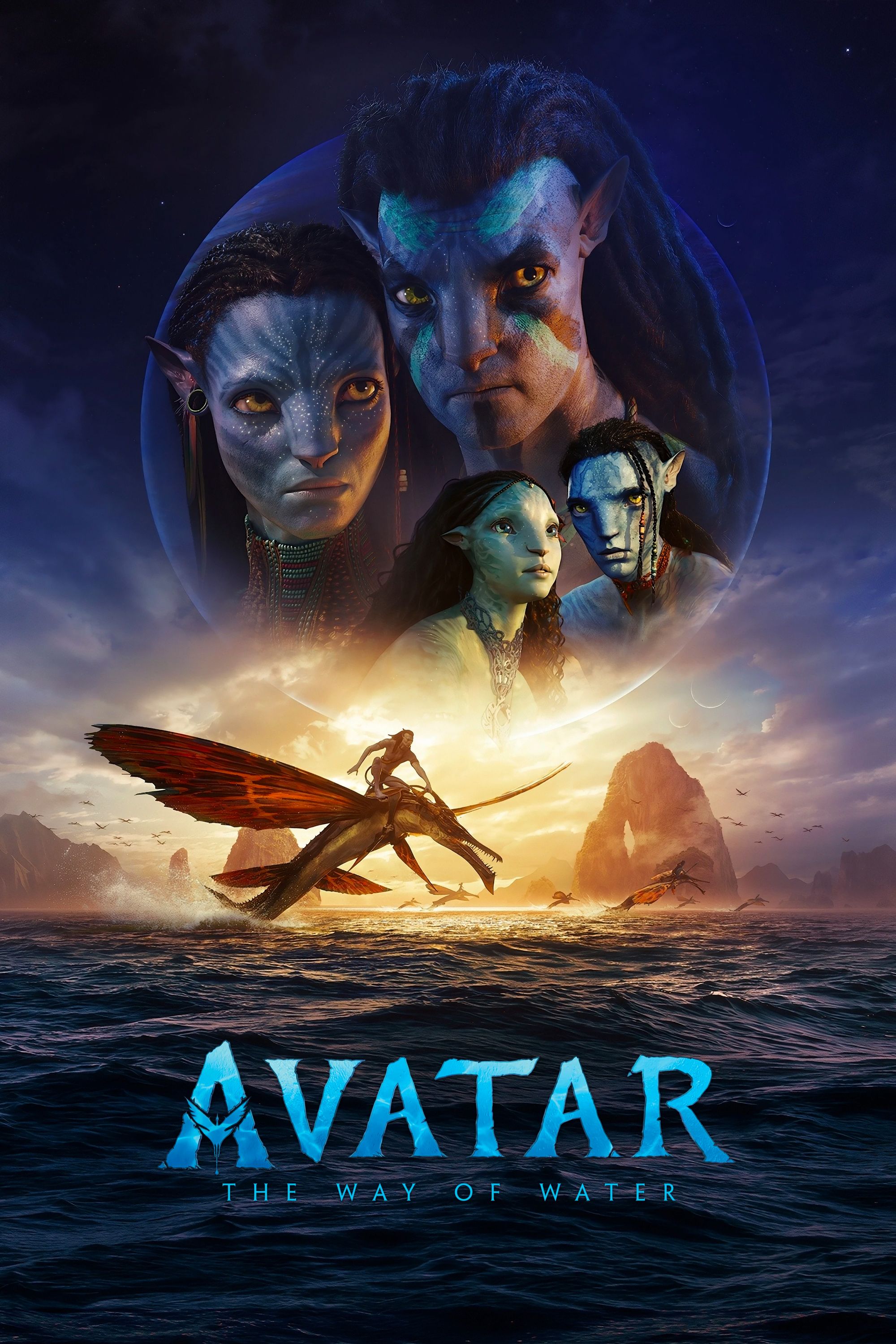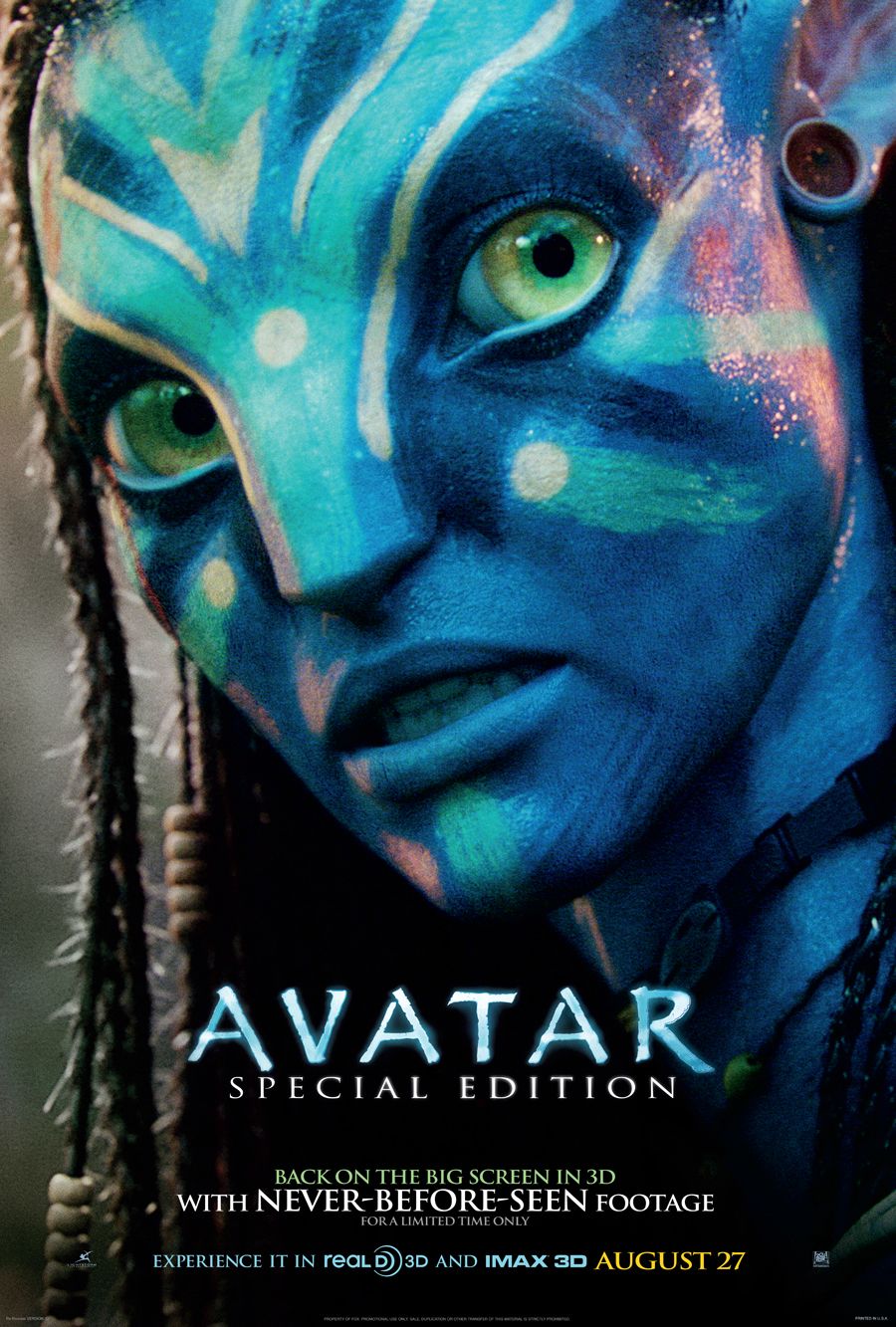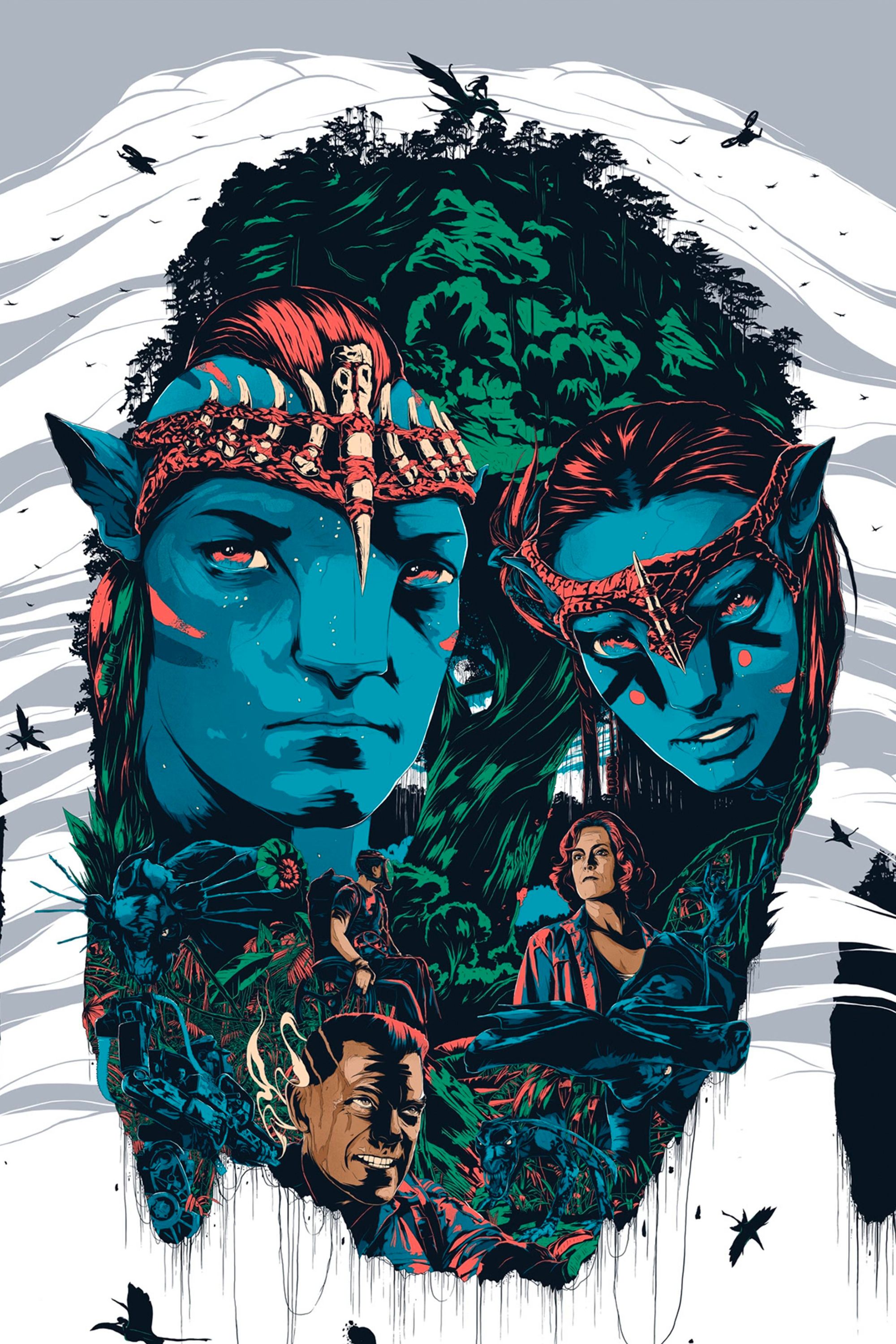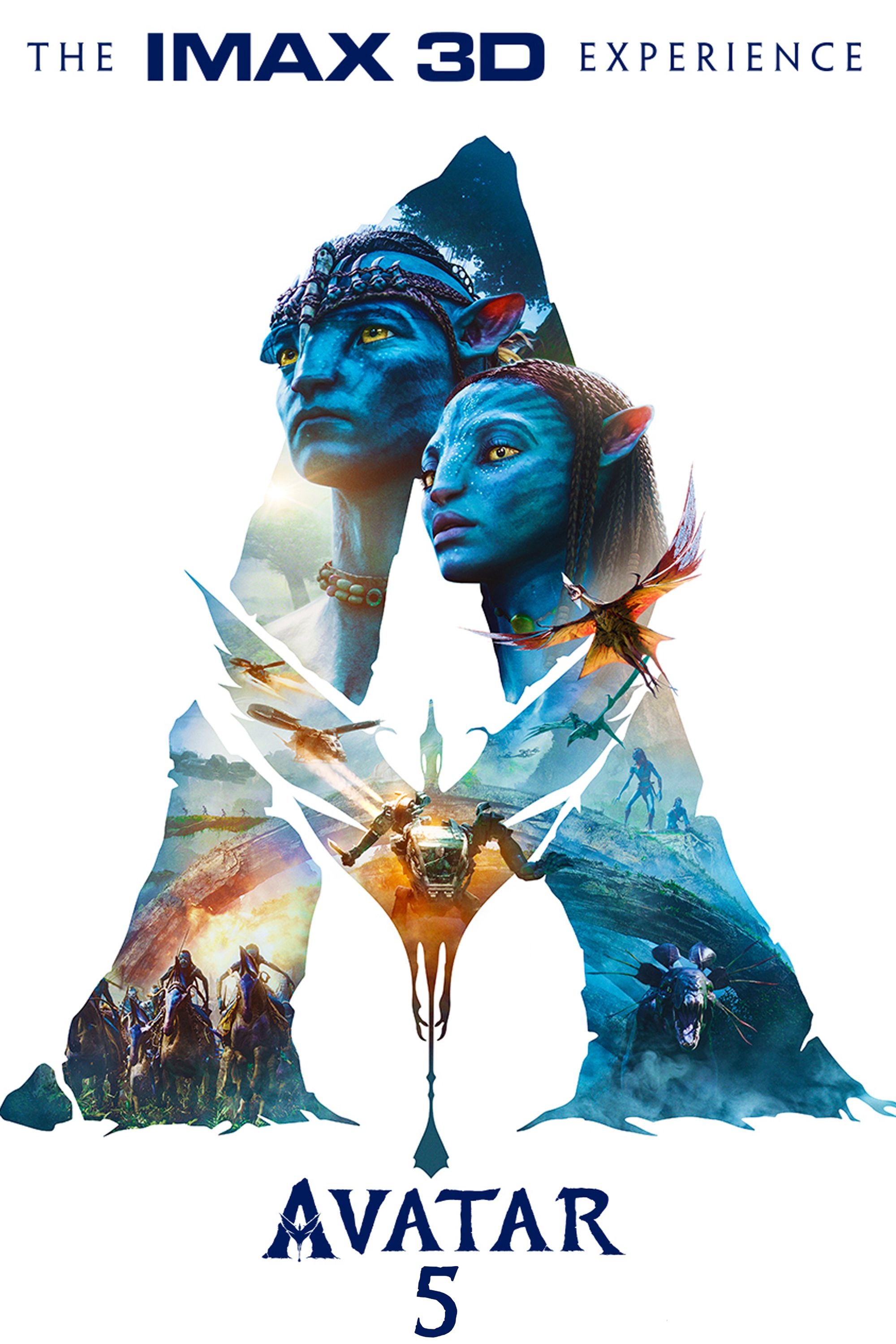Avatar: The Way of Water picks up more than ten years after the events of Avatar with Neytiri and Jake Sully ascending to leaders of the Omaticaya and becoming parents in that time. When humans return to RDA, they prove to be an even more dangerous threat than before. Jake and Neytiri are forced to seek a new home in an effort to protect their family.
Avatar: The Way of Water will introduce a number of new characters including Jake and Neytiri's children, as well as an entirely new clan of Na'vi, the Metkayina. Tsireya (Bailey Bass) is the daughter of the Metkayina clan leaders and a skilled free diver who bonds with Lo'ak, the second-born of the Sully family. Neteyam (Jamie Flatters) is the firstborn son of the Sully family, who become refugees after being displaced from their home with the Omaticaya Clan.
Screen Rant spoke with Bass and Flatters about their new characters Tsireya and Neteyam respectively. They broke down the Sully family dynamic and how the kids adjust to being refugees, as well as what they learned from the motion capture process while working on Avatar: The Way of Water.
Bailey Bass & Jamie Flatters on Avatar: The Way of Water
Screen Rant: I was completely immersed in this movie from top to bottom. Can you tell me a little bit about your characters?
Bailey Bass: I play Tsireya, who's part of the Metkayina Clan, the new clan introduced in Avatar: The Way of Water. She is the daughter of Tonowari and Ronal. She has a big heart, and she's very kind, and I'm very excited for audiences to meet her.
Jamie Flatters: I play Neteyam, he's the eldest son of Jake and Neytiri from the first film. I think he's a pretty cool dude.
Jamie, can you talk about the Sully family dynamic and how your character fits into that?
Jamie Flatters: He's the kid that tries to take on the highest moral virtue, which is kind of, in this rough terrain, especially given that within this film we're going to see the humans come back. The RDA are going to try and mess up the Na'vi like always. And Neteyam is trying to take on the responsibility of a warrior, which is a very interesting story. Kind of a pleasure to get to play.
Bailey, your character really takes a liking to Lo'ak, the second son of the Sully family. What is it about him that draws her in?
Bailey Bass: I think it was a gradual, it wasn't instant for her. So I think it was gradual, just seeing his perseverance through the movie and then how quickly he learns the way of water because that is what she's teaching him. I think also his rebellion is fascinating to her, too.
Jamie Flatters: And his eyes.
Jamie, your character goes from golden boy and eldest son of the chief to a refugee. How does that impact him?
Jamie Flatters: Yeah. When you're displaced from your home, when everything is left up to a question, it's extreme. Especially for an adolescent, it gives you a massive amount of turmoil, and you don't know how to identify. Because I feel like for a lot of people growing up trying to formulate their ideas in the world, a lot of their grounding identity is within a community. And it's only if Neteyam and the younger guys achieve being with the Metkayina will they ever feel at home. I think that's a very interesting message that film exposed.
James Cameron's on the cutting edge of filmmaking. This film's just incredible. I'm almost convinced he shot this on a completely another planet because it's just so amazing.
Bailey Bass: Also, the way he shoots it is not standard. It's not just like camera setups. He goes back in with his, I don't know what the heck they create. And he holds something and literally there's videos of it, and he moves around in the world. That's why I think the camera angles are also so intricate, and that's what helps audiences immerse as well.
Kate [Winslet] was talking about this being one of the purest forms of acting that she's done. Can you talk to me about the filming process and the underwater capture?
Bailey Bass: People that are deaf call it "deaf gain," being able to communicate through ASL because you are able to communicate from far away. You don't have to have eye contact, but you can communicate in different distances. I think that's very powerful, and I think that's part of what Kate was talking about. When you're underwater, you're forced to communicate without words, and someone's actions speak louder than their words. Figuring out a way to communicate, I think it opens our minds. And when you open your mind, you can implement that into your acting, therefore opening your range of acting.
Jamie Flatters: Yeah. Lose a sense, and the other sense gets heightened. And I think that's a good idea [for] us as a young actor, just knowing that all we need is another actor and to lock eyes with another actor and then the reality is there. I feel like I was often misguided with a lot of other people talking about acting, and a lot of other ideas like [Konstantin] Stanislavski saying you need to [pull more] from your pockets. If anything, I do now actually think I disagree, and that's a distraction.
Bailey Bass: Ah, you throw it all away, and you just do it.
Jamie Flatters: I think the moment is all that can exist.
About Avatar: The Way of Water
Over a decade after the events of Avatar Jake Sully and Neytiri are living on Pandora with their family leading their people. However, when a familiar threat returns to restart a war they thought had ended years ago they must once again work together to protect their planet, their people, but most importantly their family.
Check out our other Avatar: The Way of Water interviews here:
- James Cameron
- Zoe Saldaña & Sam Worthington
- Sigourney Weaver
- Kate Winslet
- Stephen Lang
- Jon Landau
- Jack Champion & Trinity Jo-Li Bliss
Avatar: The Way of Water will be playing in theaters on December 16.

